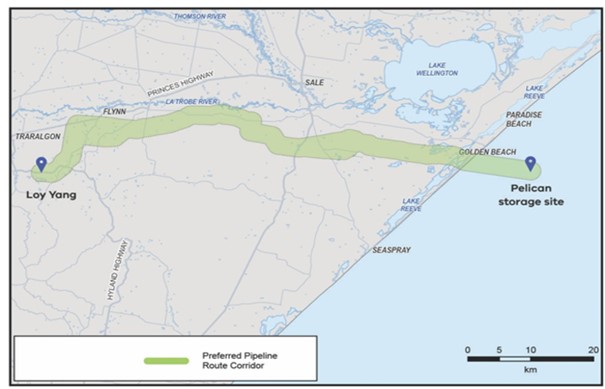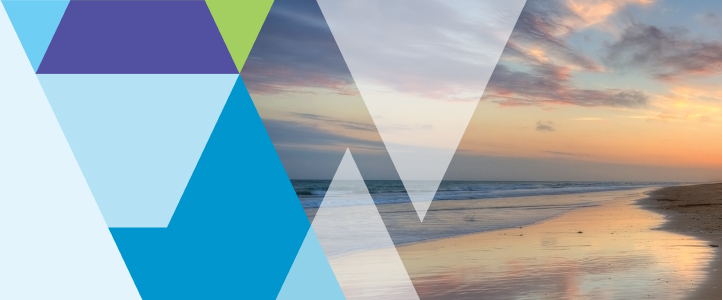Environment & planning
Between 2023 – 2025 the Project conducted surveys on public land and private property in Gippsland where land access had been agreed. The works contributed to our technical knowledge of the location of the proposed pipeline corridor.
This page will continue to be updated when new surveys are planned or if changes occur.
Works area

Completed activities
April and May 2025
- Plant and animal surveys (ecology).
October 2024 to January 2025
- Cultural Heritage field investigation and survey work.
- Plant and animal surveys (ecology).
August and September 2024
- Plant and animal surveys (ecology).
- Geotechnical surveys.
May 2024
- Plant and animal surveys (ecology).
February and March 2024
- Plant and animal surveys (ecology).
- Cultural Heritage field investigation work.
- Geotechnical surveys.
November and December 2023
- Feature and topographic surveys (note: a topographic survey details land features in terms of height, depth, size, and location).
- Plant and animal surveys (ecology).
- LiDAR mapping of the preferred pipeline route.
Other projects in the area
CarbonNet is communicating with VicGrid, GB Energy, offshore wind proponents and other projects to, wherever possible, minimise impacts to landowners and occupiers in areas where the projects are adjacent.
More information
- Contact our info line on 1800 878 968
- Email us at carbonnet.info@ecodev.vic.gov.au
- Sign up for email updates
Environmental assessment, approval and licensing processes
CarbonNet is subject to comprehensive environmental assessment, approval and licensing processes before it can be constructed. These include:
- Pipeline licence applications.
- Referrals under both the Victorian Environment Effects Act (EES) and the Environment Projection and Biodiversity Conservation Act 1999 (EPBC Act).
The Victorian Pipelines Act (2005) approvals require a range of assessments to be undertaken onshore and offshore, including:
- Flora and fauna.
- Aboriginal cultural heritage.
- Historical heritage.
- Noise.
- Landscape and visual.
- Social.
- Business.
- Surface Water.
- Groundwater.
- Traffic and transport.
- Marine mammals.
- Benthic ecology, fish and invertebrates.
- Seabirds and shorebirds.
- Marine Protected Areas, Commercial and recreational fisheries.
- Maritime heritage.
There will be extensive consultation with stakeholders and the community to inform this next phase. Consultation opportunities will include stalls at local farmers' markets, attendance at community events and information in local papers.
Environment Effects Statement (EES)
Before a major project like this can go ahead it must meet a series of stringent planning requirements. CarbonNet will go through a pipeline licence application and EES referral process which includes consulting with landowners, communities and other stakeholders to confirm that all potential impacts are carefully considered and addressed before the project can proceed.
The EES process is a comprehensive process for assessing potential impacts of large-scale projects and how those effects will be managed. A study program will be developed, and this is reviewed by the Department of Transport and Planning.
CarbonNet welcomes the opportunity to engage with the community and stakeholders on issues that concern them and build confidence in the project.
Once the EES investigations are completed, a report is prepared for the Minister of Planning. The Minister makes a recommendation on the project.
The Minister’s assessment of the EES will inform the statutory approval decision-makers who make the final decisions, once the EES exhibition phase is c
Page last updated: 7 October 2025
